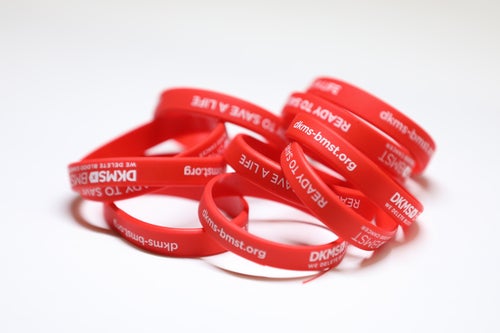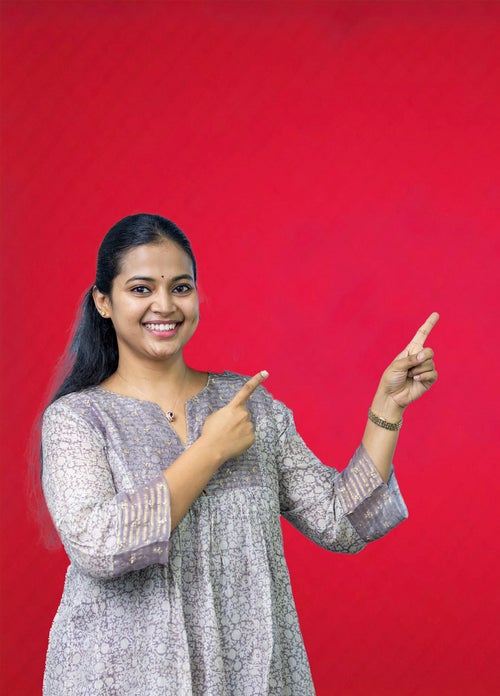Follow-up consultation
The follow-up consultation is where you get to ‘meet’ your new DKMS Foundation India contact. They’re the person you can talk to about your donation experience and any concerns you may have.
We’ll be happy to support you with these and any other questions you might have– including organizational issues and what to do if you want to post about your experiences on social media. Our Social Media Guidelines offer a wealth of information on how best to go about this.
The follow-up consultation also gives us the chance, if you wish, to tell you a little about the recipient of your stem cells. We can tell you whether they are male or female, roughly how old they are, and which country the transplant was carried out in. For many donors, the main question on their minds is in regards to “their” patient. If you like, we can also tell you when you can expect to hear the first news about the state of their health. However, for legal reasons, we cannot tell you anything beyond this information at this stage, because donor and patient are subject to a minimum anonymity period of two years after the stem cell transplant. Most countries do allow anonymous contact via letter directly after the transplant though.
We are always keen to hear your comments and feedback, so please do share your experiences of making a stem cell donation. From the organizational aspects to your medical care and even your hotel, we’d love to hear it all. The Followup Team at DKMS Foundation India contact will be there for you to get in touch with even after your follow-up consultation and will be able to help with aspects such as when and how you could potentially meet your patient in person for the first time.
We would also appreciate it if you could take part in our longer-term donor follow-up monitoring program.



